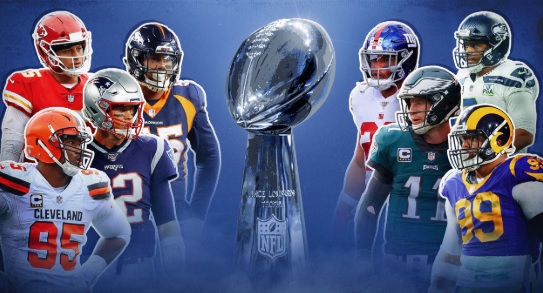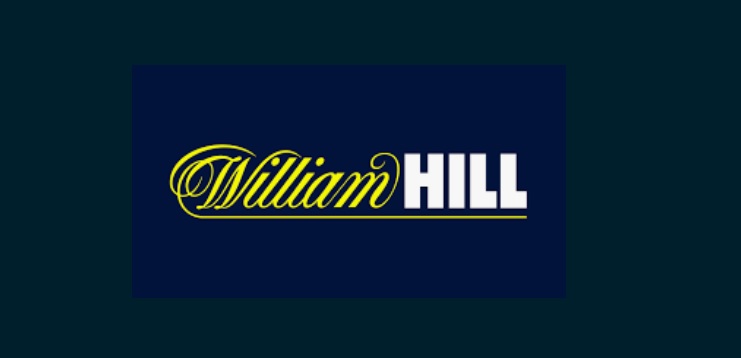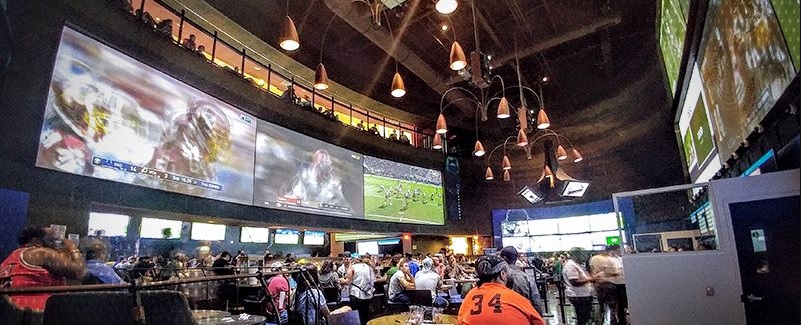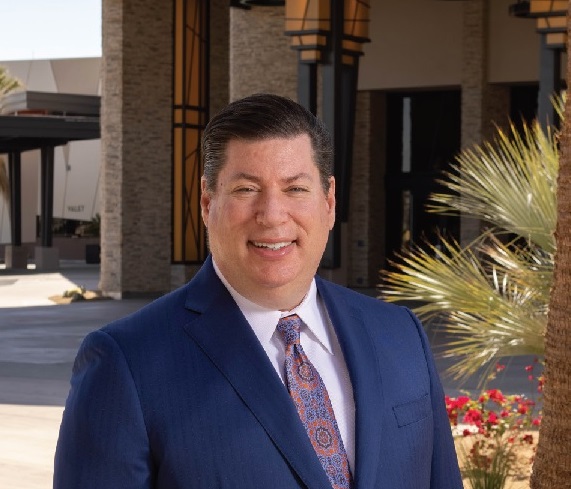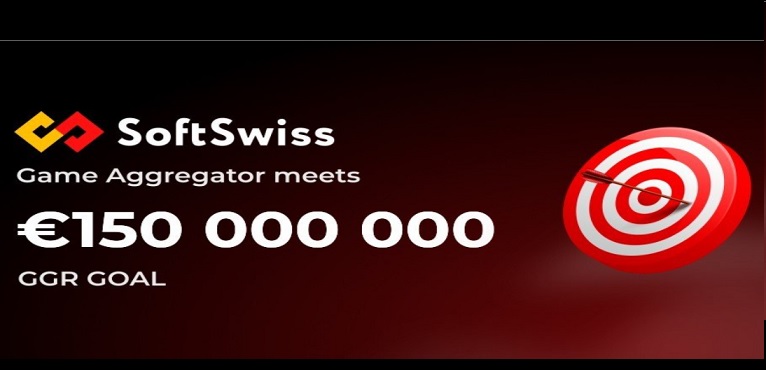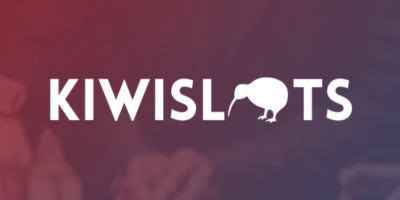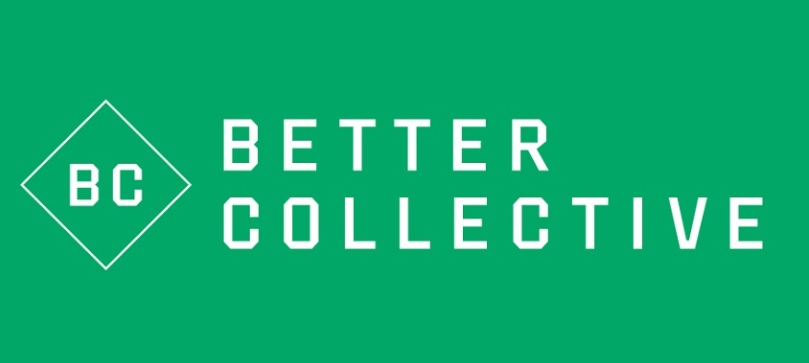DON’T LOOK BACK By David McKee
Things were appearing sufficiently upbeat for DraftKings this winter that it pre-released its fourth quarter earnings from 2024.
Having your stock riding a 17 percent surge will do that. Wall Street analysts were pleased with what DraftKings had to show for itself. Jefferies Equity Research boffin David Katz wrote that “the strong start to the year in betting outcomes, coupled with an additional new state and growth in in-play betting accelerating, implies prospective upside.” Indeed, DraftKings raised its revenue projections, although it continued to stand pat on cash flow.
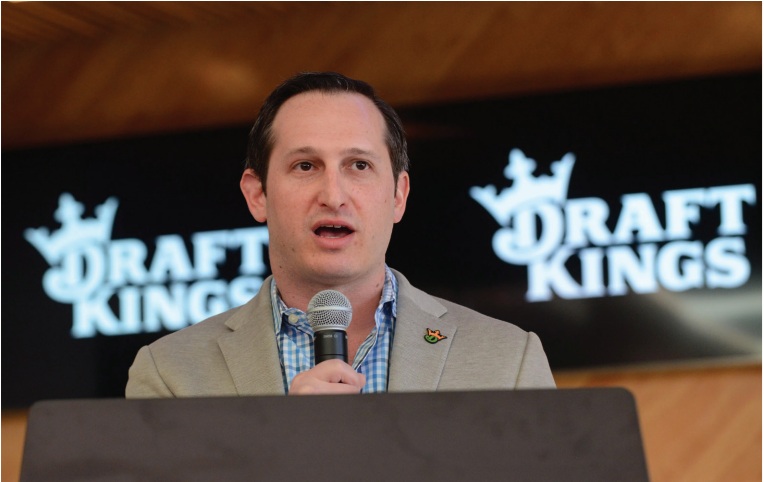
Image: Jason Robins CEO DraftKings
In the last trimester of 2024, DraftKings’ revenue rose 13 percent, hitting $1.4 billion. Cash flow of $89.5 million comfortably exceeded Wall Street’s expectations. Unique players grew 16 percent – but 36 percent when lottery service Jackpocket was added.
(More of Jackpocket later.) In 2025, DraftKings now expects $6.3 billion to $6.6 billion in revenue and cash flow of at least $900 million, perhaps $1 billion, a huge positive return on investment. (Katz predicts $993 million.) Those numbers may be conservative, as they do not take into account the addition of Missouri to the roster of U.S. states where sports betting is legal
Holding tight
After DraftKings’ mid-February earnings call, Katz was just as optimistic. He noted that the company hoped to improve its hold percentage, thanks to increasing numbers of proposition bets and single-game
parlays – low-return wagers that have proven lucrative for arch rival FanDuel.
(FanDuel holds 14.5 percent of monies wagered, DraftKings 11 percent.) Katz also observed that DraftKings “is interested in establishing itself in the debt market, despite ample cash.” Although the company is sitting on $788 million in cash, it desires to borrow money for recently incepted stock repurchases Alluding to American sports books’ misfortune at the hands of NFL teams, Truist Securities analyst Barry Jonas wrote that DraftKings “lost some games but won the quarter.” He pointed to the most recent Super Bowl, which saw the most single-day betting volume and gross gambling revenue in the company’s history.
Jonas explained, “Revenues were driven by continued healthy engagement, effective customer acquisition, expansion into new jurisdictions, higher structural hold and the Jackpocket acquisition, partially offset by well-known unfavorable NFL.” The 2024-5 NFL season was deemed to be “overall the least favorable in the last 40 years (with 10 weeks where favorites won 75 percent-plus of
games).”
In dollars and cents, that meant $160 million less revenue for DraftKings and $104 million lower cash flow. Fortunately, 2025 is said to be off to a strong start, with hold reaching 13
percent and “acquisition, retention and engagement have been strong,” according to Jonas. The good news didn’t stop there. The DraftKings app was the most downloaded betting application from stores and the third-most overall.
Handle grew 21 percent from 2023 and 3.5 million new customers were acquired. Unique customers grew 42 percent in 2024, to 10.1 million.
Palookas come through
DraftKings’ biggest non-football event for customer acquisition might not even be called sports: It was the tomato-can bout between Jake Paul and a superannuated Mike Tyson. (No
surprise, Tyson lost.) DraftKings was even feeling its oats sufficiently to talk about branching out beyond North America.
One challenge DraftKings execs didn’t anticipate lies in the aforementioned Missouri. There, new Secretary of State Denny Hoskins is finding new and creative ways to postpone the launch of sports betting. Hoskins long wanted to tie sports wagering to the legitimization of black-market slot machines, so his motivations are open to question. For DraftKings, the earlier the 2025 debut
in Missouri, the better for its bottom line.
But a steep tax hike in Illinois has been mitigated, at least partly. DraftKings has reduced the intensity of its marketing in the Land of Lincoln and curbed promotional costs. CEO Jason Robins later dismissed the Illinois tax increase as an outlier and remained sanguine about the stability of imposts elsewhere.
Robins’ optimism notwithstanding, sports betting (and some iGaming) tax increases are on the table in Maryland, New Jersey and Ohio. Also, a coalition of brick-and-mortar casino
operators has formed to try and rein in iGaming.
Playing with dynamite
Meanwhile, Robins is flirting with allowing bets to be made using highly volatile cryptocurrency. Like FanDuel, DraftKings can do nothing but sit and wait for the status of prediction
markets to be litigated. The latter had a flutter with taking Super Bowl wagers and are coming back for more.
For legacy operators, this can be frustrating, as prediction markets represent a kind of nationwide, unlicensed and unregulated form of sports betting. Nevada is cracking down and other jurisdictions may follow. However, President Donald Trump’s nomination of a Kalshi board member to head the Commodities Futures Trading Commission casts a
dark cloud over the future of legacy operators.
As longtime DraftKings skeptic and Deutsche Bank analyst Carlo Santarelli wrote, “we’re not really sure the risk profile has lessened, as the multiple would indicate, but seemingly the market has taken that view.”
He went on to pen that 2025 would be DraftKings’ make-or-break year: “We expected 2024 to be that year, until the concept of structural hold emerged, and the market mistook sports betting for table games and slots, where holds have a track record, or are manually set, and $500 million of adjusted EBITDA became $181 million.
“Make no mistake, we are by no means saying DraftKings can’t or won’t achieve its targets,” Santarelli cautioned, “but merely pointing out that there is no room for error, [although] … the stock has seemingly shrugged off every fundamental and thematic risk that has emerged over the last several months.”
Santarelli wasn’t sold on the 11 percent hold target, noting that DraftKings hadn’t hit such a metric since 2021. “Perhaps the parlay push continues to work as expected, customers lose faster and replenish more, without being incentivized, as frequently, to do so, and game outcomes go as planned,” he mused, thereby enabling DraftKings to reach the desired 11 percent threshold.
Joseph Greff, of J.P. Morgan, deemed DraftKings’ conservative guidance “prudent, given the industry’s recent sport outcome related hold rate volatility and the upcoming March Madness tournament.” Execs told analysts that betting had picked up since the 2024 presidential election.
Were punters previously putting their money on election wagers instead?
On the road (again)
DraftKings management didn’t answer that question but did hit the speaking trail, with leadership attending a Jefferies sit-down and a Morgan Stanley-sponsored investment conference. At the former, the company (Katz said) “continues to express confidence in its business and the market in a range of potential
scenarios around these current issues.”
Management was resigned to a New Jersey tax increase but felt the exact amount would be negotiated between Gov. Phil Murphy and legislators. “As the first [sports betting] state, New Jersey did a thorough review on the optimal tax rate for state revenue before legalizing and the increase will likely be more moderate,” Katz predicted.
“Most importantly, our impression is that the largest operators can mitigate most or all of the increase to retain margins.” Few fear that Garden State taxation will soar to the usurious heights of
adjoining New York State, where online-sports-betting operators pay 51 percent of the gross to the state.
Murphy is not seeking anywhere near that amount. Even the Empire State may be having second thoughts, with lawmakers proposing a tax reduction for OSB providers. Katz penned that “Jackpocket appears to be outperforming expectations to-date in key areas, notably in customer cross-sell in OSB and iGaming. Jackpocket has several advantages in that it is legal in some
states where OSB is not … it is a good counter-seasonal asset in that players continue to play even in the sports-offseason, and it should also benefit from the recent change to Mega Millions (tickets will be $5 each instead of $2 starting in April).”
Image: Barry Jonas, Managing Director, Truist Securities
Dark clouds gather
The Jefferies analyst dismissed recent troubles for Jackpocket in Texas as a “minor issue,” but might have spoken too hastily. The third-party app recently exploited a loophole in Lone Star State law, purchasing lottery tickets in every possible winning number combination, on behalf of an investment consortium.
Once this was discovered, it exploded into a Texas-sized scandal. Attorney General Ken Paxton called for a fraud investigation, Gov. Gregg Abbott put the Texas Rangers onto Jackpocket’s case and Lt. Gov. Dan Patrick, who controls much of the legislative calendar, advocated banning lottery-courier services … like Jackpocket. Some conservatives even compared the furor to the Enron
debacle Not only did Jackpocket flee Texas, with conservatives hot upon its heels, it shut down its New Mexico operations. State Attorney General Raul Torrez opined that Jackpocket
“was unlawful under state law because it sold lottery tickets for profit without express authorization from the New Mexico Lottery Authority.”
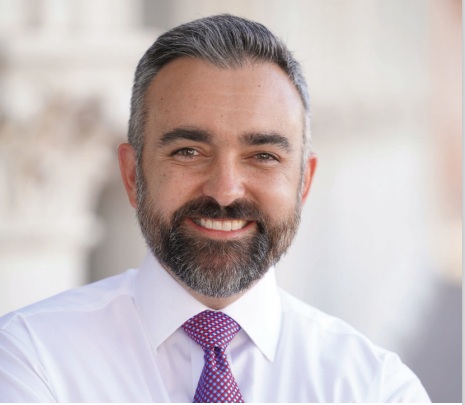
Image: Raul Torrez, New Mexico Attorney General
It’s not the end of Jackpocket in the Land of Enchantment but it does mean going back to square one and renegotiating the company’s contract with the Lottery Authority, pursuant
to provisions of the Indian Gaming Act. The misfortune was certainly more contained and reparable than in Texas, where Jackpocket sank DraftKings’ hopes for the legalization
of sports betting, now too toxic to touch in the wake of a gambling scandal.
Musk provides motivation
Even so, Robins continued to wax optimistic – at the Morgan Stanley conclave and elsewhere – about the prospects for OSB and iGaming legalization. “I feel like we have some
real momentum in iGaming now, the first time I’ve felt that way in a few years,” he said on March 3.“We also, I think, will get some sports states done this year.”
“I’m not saying we’ll get a bunch of bills this year,” Robins cautioned. “But whereas … two years ago, I would have told you I don’t even know which state is going to be next or how long
it’s going to take, I feel now like we are definitely, if not this year, certainly within the next two sessions, going to get some iGaming bills done.” Katz shared Robins’ upbeat view, attributing a likelier prospect of iGaming to shortfalls in state budgets, as Elon Musk continues to take a chainsaw to federal aid. An additional spur was the desire to curb sweepstakes gambling, an unregulated
form of iGaming which companies like DraftKings would like to see kiboshed.
Concluded Katz, “Most importantly, our perspective is that historically, operators have been able to recover margins in the medium term against tax increases.” In other words, bring it on.
***This article was originally published in Sports Betting Operator Magazine Issue 015 Volume 007 March 2025***




